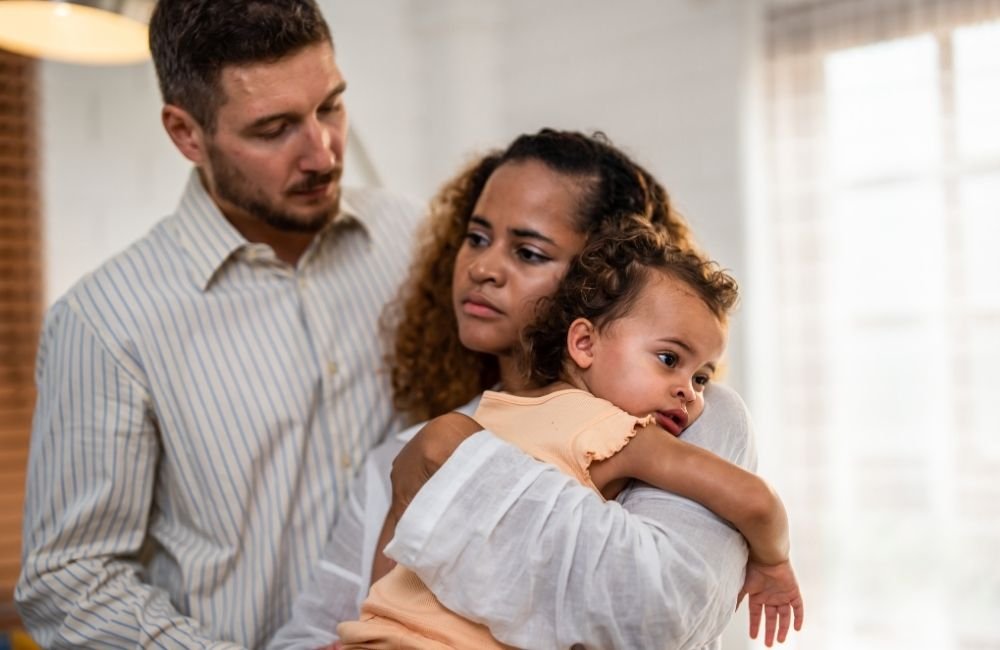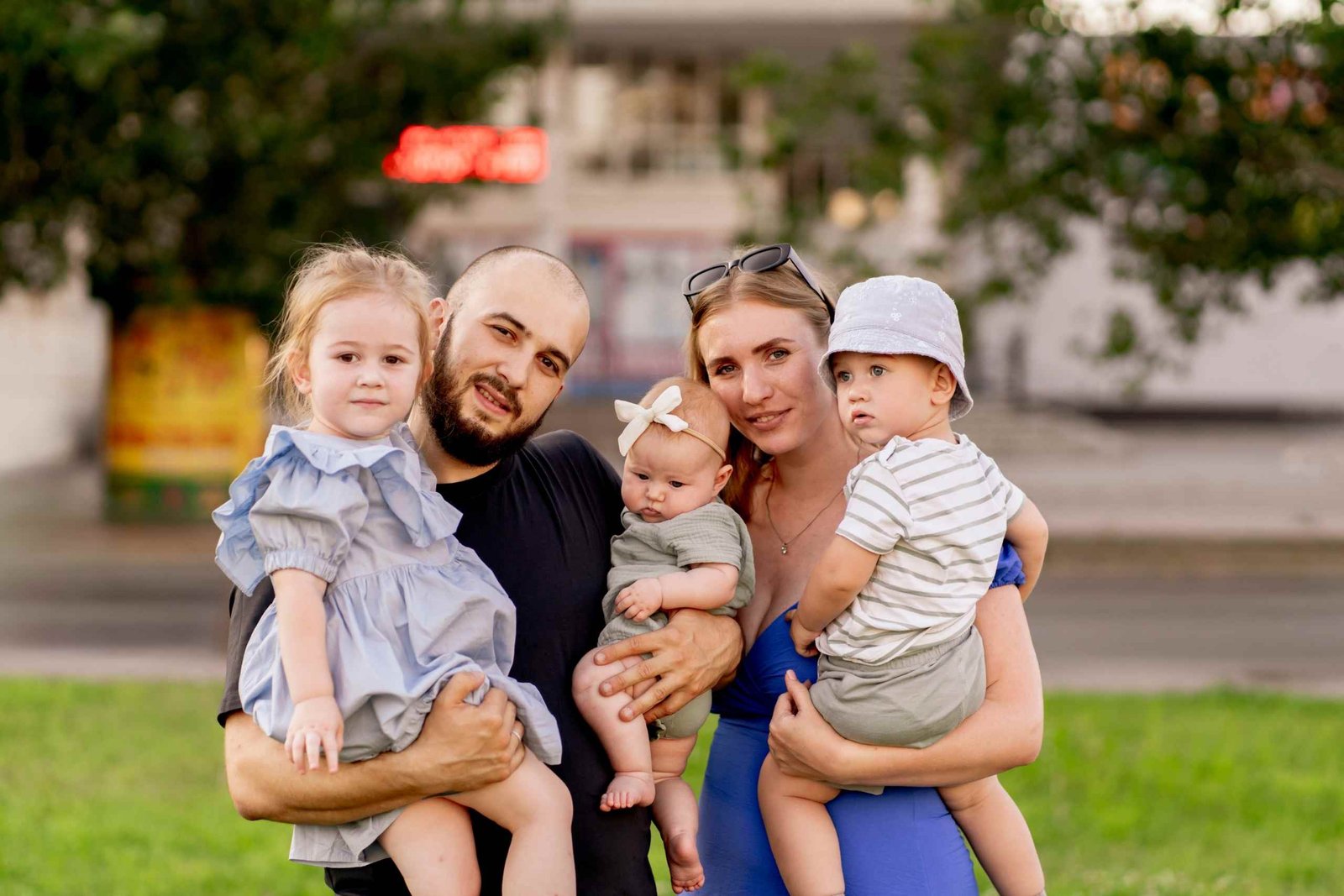Can You Lose Custody for Not Co Parenting?

Co-parenting after a separation or divorce isn’t always easy. Emotions run high, and disagreements happen. But refusing to co-parent can have serious consequences, including losing custody. Courts prioritize the child’s best interests, and cooperation between parents plays a big role in custody decisions. If one parent refuses to co-parent, the court may see this as harmful to the child’s well-being.
What Is Co-Parenting?
Co-parenting means working together to raise a child after separation or divorce. Even if parents don’t get along, they are expected to cooperate for the sake of their child. Refusing to co-parent can create a toxic environment that negatively impacts the child. It involves:
- Effective communication
- Shared decision-making
- Respect for the other parent’s role
- Creating a stable environment for the child
Why Courts Value Co-Parenting
Family courts believe children benefit from having both parents involved in their lives. When parents share responsibilities, it fosters emotional stability and security. If a judge sees that one parent is blocking communication, ignoring custody agreements, or causing unnecessary conflict, they may modify custody arrangements. Key Reasons Courts Favor Co-Parenting
- It provides a stable, loving environment for children.
- It ensures both parents stay involved in decision-making.
- It reduces emotional and psychological stress on the child.
- It promotes healthy relationships between the child and both parents.
How Failing to Co-Parent Can Lead to Losing Custody
If a parent refuses to cooperate with the other, the court may see this as harmful to the child. Judges take into account how well each parent fosters the child’s relationship with the other parent. A lack of cooperation can be seen as parental alienation, which can lead to a loss of custody rights.
How Courts View Co-Parenting
Family courts focus on the child’s best interests when making custody decisions. Judges prefer situations where both parents contribute positively to the child’s life. Key factors include:
- The ability of each parent to provide a stable home
- A history of involvement in the child’s life
- Willingness to foster a relationship between the child and the other parent
- Communication and conflict resolution skills
A parent who refuses to co-parent may be seen as a negative influence on the child’s well-being. Courts do not look favorably on one parent trying to alienate the child from the other.
Can You Lose Custody for Not Co-Parenting?
Yes, a parent can lose custody for failing to co-parent. Here’s how:
Parental Alienation
If one parent actively turns the child against the other, this is known as parental alienation. Courts take this very seriously. If proven, a judge may modify custody to protect the child’s relationship with both parents.
Refusal to Communicate
Ignoring messages, refusing to discuss important issues, or making decisions without consulting the other parent can be seen as a refusal to co-parent. If this behavior affects the child’s well-being, custody arrangements may change.
Interfering with Visitation
Denying the other parent access to the child or making visitation difficult can lead to legal consequences. If a judge finds a pattern of interference, they may reduce or revoke the offending parent’s custody rights.
Neglecting the Child’s Emotional Needs
Children benefit from having a healthy relationship with both parents. If one parent’s actions cause unnecessary stress, anxiety, or emotional harm, the court may reconsider custody arrangements.
Violating Court Orders
If a custody agreement outlines co-parenting responsibilities and one parent repeatedly violates it, they may face legal consequences. Courts can modify custody to ensure the child’s best interests are protected.
How to Improve Co-Parenting and Protect Custody Rights
If you struggle with co-parenting, taking steps to improve the situation can help you avoid custody issues. Here are some ways to foster a better co-parenting relationship:
Keep Communication Open and Respectful
Even if you dislike your ex, communication should always be polite and focused on the child’s needs. Use texts, emails, or parenting apps to keep records of conversations.
Follow Court Orders
Always follow custody agreements and court orders. If you have concerns, go through legal channels rather than taking matters into your own hands.
Avoid Speaking Negatively About the Other Parent
Children should never be caught in the middle of parental conflicts. Speak positively about the other parent, or say nothing at all.
Be Flexible and Cooperative
Unexpected situations arise, and flexibility goes a long way. Working together shows the court that both parents prioritize the child’s best interests.
Seek Mediation if Needed
If co-parenting conflicts become overwhelming, professional mediation can help. Mediators can assist with communication and conflict resolution.Our platform chelsea famousparenting help for seeking.
Benefits of Co-Parenting for Parents and Child
Co-parenting creates a balanced and supportive environment that benefits both parents and children.
- Emotional stability the child feels secure, and parents experience less stress.
- Consistent love and support both parents share responsibilities, ensuring the child receives care and attention.
- Better behavior and communication the child develops good social skills, while parents improve cooperation.
- Improved school performance and work-life balance the child benefits academically, and parents manage work and parenting more effectively.
- Stronger family bonds the child maintains close relationships with both parents, fostering a sense of belonging.
- Good conflict resolution skills the child learns to handle disagreements, and parents develop better problem-solving skills.
- Financial and emotional support parents share expenses, reducing financial stress while ensuring the child’s well-being.
- Higher self-esteem and personal growth the child gains confidence, and parents grow in patience and responsibility.
- Positive role models parents set a good example, teaching the child about respect, cooperation, and healthy relationships.
- Good conflict resolution skills help the child learn to handle disagreements, and parents develop better problem-solving skills.
Why Co-Parenting is Important for Custody Rights
Refusing to co-parent can put your custody rights at risk. Courts expect parents to work together in the child’s best interests. If one parent is unwilling to cooperate, a judge may adjust custody to protect the child’s well-being. By communicating respectfully, following court orders, and prioritizing the child’s needs, parents can create a healthy co-parenting relationship. If you are struggling with co-parenting or facing custody issues, seek legal advice to protect your rights and your child’s future.

Aashley Kai is the Editorial Director of Chelsea Famous Parenting and a licensed expert in early childhood education. She holds a Master’s in Child Psychology from the University of Texas Southwestern Medical Center and has worked as a preschool teacher and child therapist. Since joining in 2024, Aashley has been dedicated to creating well-researched, trustworthy parenting resources. Her work helps parents and caregivers foster nurturing, educational environments for children. Outside of work, she enjoys hiking and photography, capturing nature from a child’s perspective.






